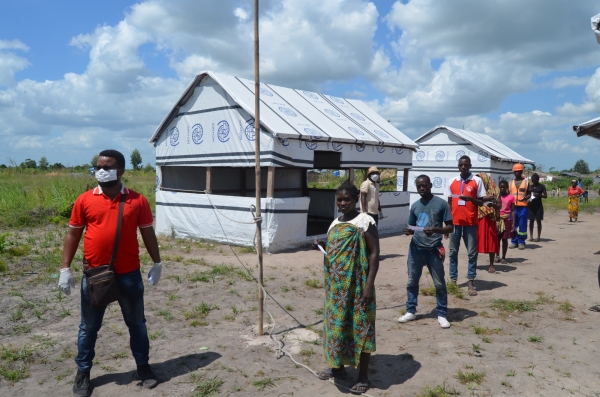1. Mozambique
Despite the pandemic, attacks carried out by ISIS-linked groups continue in small villages in Mozambique’s northern province of Cabo Delgado and in the district of Quissanga. According to the United Nations High Commissioner for Refugees, since the beginning of the incidents in October 2017, the armed groups killed hundreds and at least 100 000 persons were displaced, now living in poor conditions with limited access to water. The government has already expressed concern about the acceleration of the spread of the COVID-19 in the country as the public health system lacks resources to fight the pandemic. In this regard, the World Health Organization reported that there are only 24 ventilators available in the country and only “36% of Mozambicans have access to a health facility within 30 minutes of their homes”.
To learn more:
https://www.iol.co.za/news/opinion/the-au-must-act-against-mozambiques-very-real-is-threat-46895025
2. Burundi
Despite Burundi having reported only a handful of COVID-19 cases, the novel coronavirus poses a serious threat to the health and wellbeing of the most vulnerable groups, such as internally displaced persons (IDPs). According to the International Organization for Migration, Burundi hosts 112 522 IDPs (as of January 2020) who live in overcrowded camps and lack adequate hygiene and sanitation infrastructures. Moreover, the United Nations Development Programme Global Fund Project Coordinator in Burundi reports that amid an already ongoing malaria outbreak, the pandemic risks to further weaken the public health system, which could lead to shortages of testing equipments, medicines and hospital beds. In addition, the NGO Human Rights Watch has recently released a report criticising the Burundian authorities’ blocking of several humanitarian organizations from providing assistance.
To learn more:
https://reliefweb.int/report/burundi/burundi-covid-19-flash-update-no-1-08-april-2020
https://www.hrw.org/news/2020/03/31/burundi-any-covid-19-cover-will-put-lives-risk







